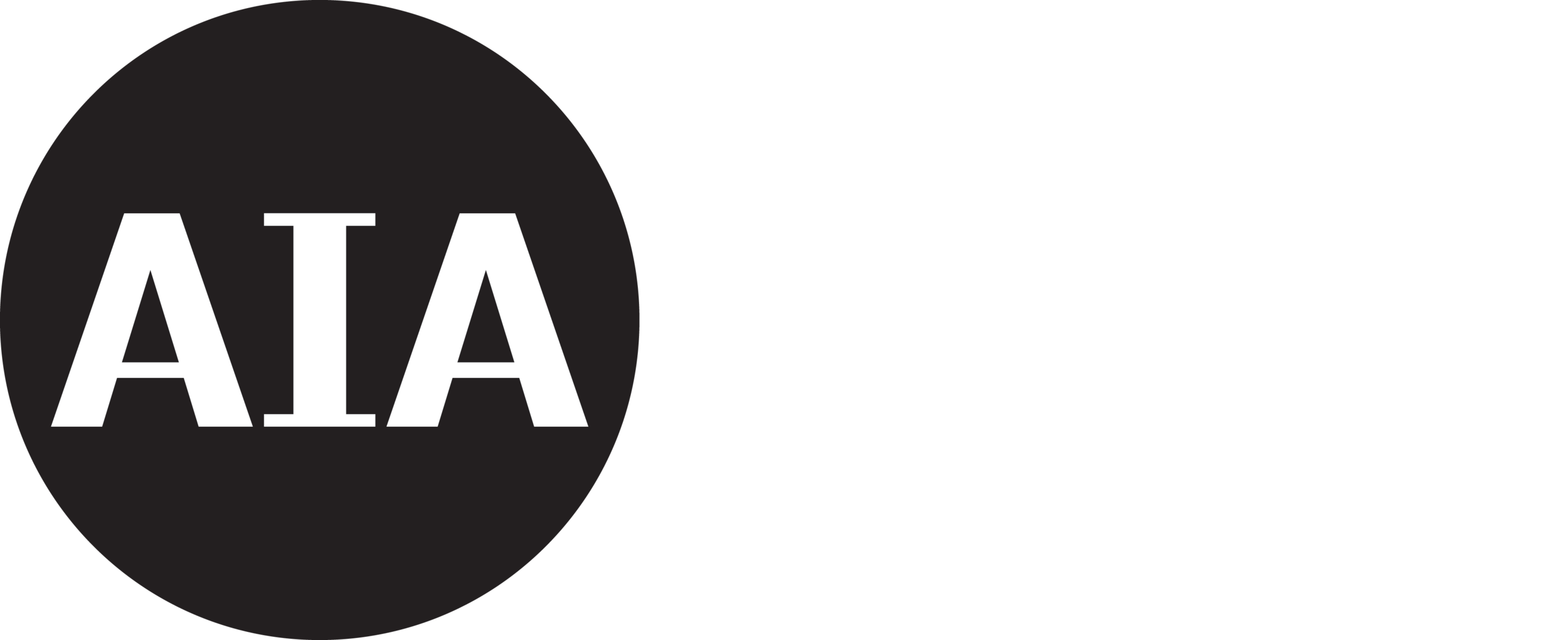1 .5 HSW
The session will review accessibility scoping and technical design issues under state and federal laws and introduce the impact of A117.1 2017 with the International Building Code (IBC) Chapter 11 Accessibility has on communities in Maine. Chapter 11 requires elevators sooner than the 2010 ADA Standards and clarifies that all public buildings are covered, including religious facilities, private clubs, and most multi‐family housing which are all exempt from the ADA.
ANSI 2017 increases some requirements and addresses technology. This introduction of key differences between the 2010 ADA and the 2021 IBC/A117.1 2017 will help design professionals and building officials to become more familiar with the requirements and best practices for design that includes everyone.
Presenter: Jill Johanning, AIA, Maine Licensed Architect/Access Specialist at Alpha One, the Maine affiliate of the New England ADA Center which is part of the ADA National Network funded by the National Institute on Disability and Rehabilitation Research.
Learning Objectives:
During this session, participants will become familiar with the design standards on new construction, and alterations that impact compliance with the ADA and IBC/ANSI Accessibility.
During this session, participants will learn to identify priorities for compliance with ADA and IBC/ANSI 2017 requirements; review resources and guides that are available for compliance of accessible features.
During this session, participants will learn to identify the key areas for design coordination for public accommodations and multi‐family housing under the federal/state laws and building codes.
During this session, participants will learn to prepare for implementation of new scoping and technical design requirements when the next edition of IBC is adopted by MUBEC.
